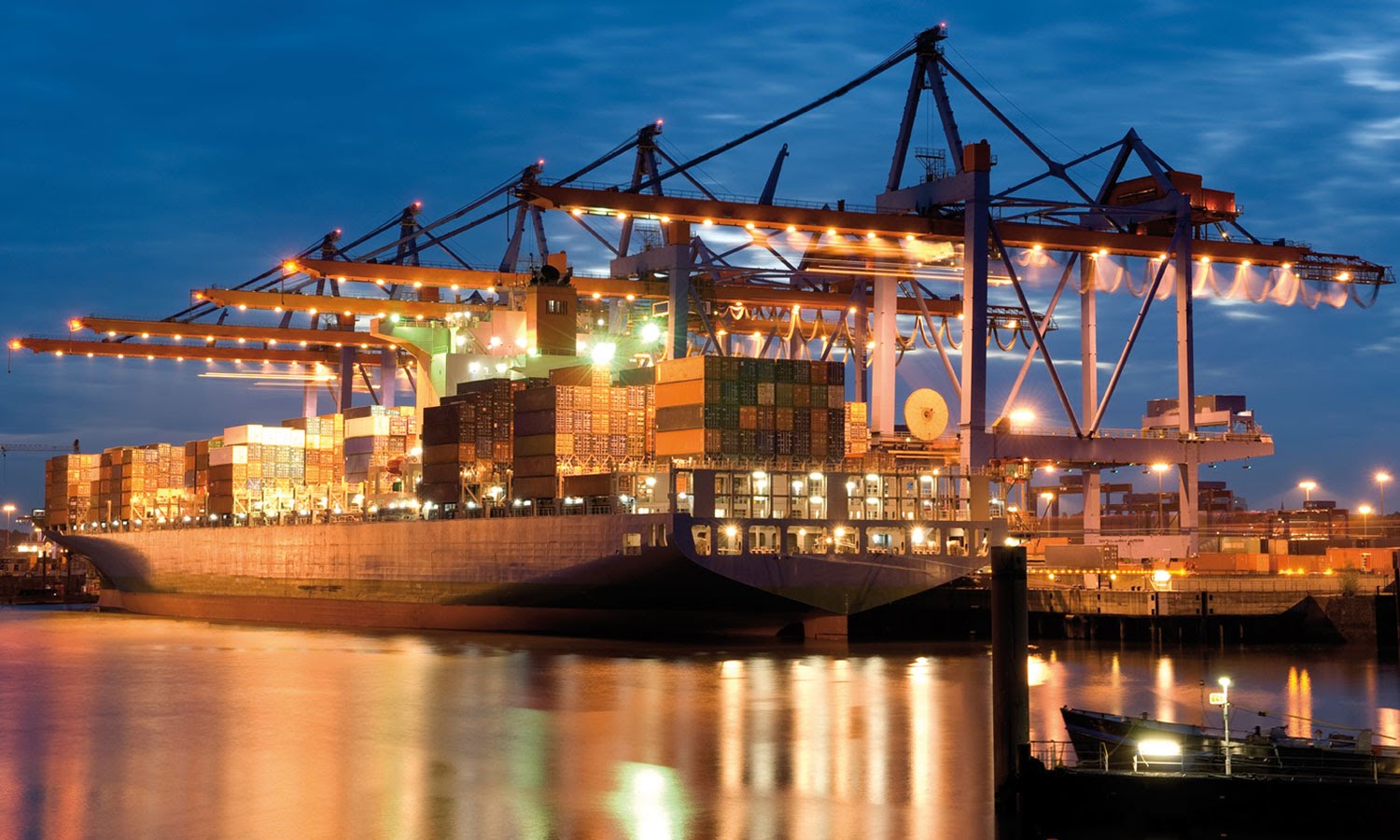- Report: Customs Responsible for 82% of Charges at Nigerian Ports
A study by Nigeria’s leading accounting firm, Akintola Williams Deloitte, has blamed the high cost of doing business at the nation’s seaports on the Nigeria Customs Service (NCS) and other government agencies, claiming that customs processes are responsible for not less than 82.1 per cent of the charges incurred by consignees.
This assertion was contained an industry report titled: ‘Public Private Partnership (PPP) as an anchor for diversifying the Nigeria economy: Lagos Container Terminals Concession as a Case Study’ which it published and a copy was obtained at the weekend.
Akintola Williams Deloitte stated that its value chain analysis of a 20-foot container laden with cargo worth N44.42million ($100,000) imported into Nigeria from China, revealed that about N6.5million would be required to clear and transport the container out of the port.
It said of this amount, about N5.3million (representing 82.1 per cent) is paid to the NCS as import duty, Comprehensive Import Supervision Scheme (CISS), ECOWAS Trade Liberalisation Scheme (ETLS), Port Development Surcharge and Value Added Tax (VAT).
The firm further stated that other actors in the value chain include shipping companies, Nigerian Ports Authority (NPA), terminal operators, clearing companies and haulage services providers.
It said shipping companies are responsible for 13.8 per cent of the port cost (N897,000); terminal operators 1.8 per cent (N117,000); customs 82.1 per cent (N5.3million); transporters 1.1 per cent (N71,500) and clearing agents (N78,000).
According to the report, “The value chain of a typical container terminal operations begins with the shipment of the goods through a shipping line to the host country. The consignee pays the freight charges for the shipping as well as the container deposit fees. Demurrage charges may apply where the consignee fails to return the containers on time.
“Upon arrival of the container at the Nigeria port, the consignees pays terminal handling charges, storage charges, delivery charges and customs examination charges to the terminal operators. In addition, the consignees also pay the relevant customs import duty.
“Consignees pay for logistics services to get the goods out of the terminal.
“Consignees pay for the services of the clearing agents (where applicable). Large companies are directly responsible for clearing their goods.”
Notwithstanding their huge investment and meager earnings, the report stated that terminal operators bear the burden of most of the challenges at the port.
“Terminal operators face huge challenges in the area of storage as the terminals are used as “cheap storage warehouse alternatives” by cargo owners.
“The current policy provides for a free three days storage after which a charge of N900 is applied per day and regulated by the NPA. Importers take advantage of the low storage charges offered by the terminal operators to store their imported goods at the terminal as opposed to a site warehousing facilities that charge as much as N60,000 per day,” the report stated.
The report further stated that before the port reform and concession of 2006, the Nigerian port system faced major challenges which made it highly inefficient. “The average ship waiting time before berthing was 21 days, vessel turnaround time was 5 days while dwell time for cargo was as high as over 30 days. The ports had poor infrastructure (roads, rail, quay, buildings, equipment, and yard) and were heavily congested leading to insecurity and pilferage, delays in cargo clearance and inefficiencies in cargo handling largely due to manual processes.
“As a result of the challenges, the federal government of Nigeria in 2006, concessioned the ports to 25 terminals operators over a 25-year license period.
“The primary aim of the port concession agreement was to eradicate the poor state of the ports, increase capacity
and promote economic growth and development via the Nigerian ports.
“The federal government adopted the Land Lord model for port operations which gave exclusive rights to the terminal operators (“the concessionaires”) to operate, maintain and carry out investments on port facilities, within designated terminals while the NPA retains ownership of the terminals.
“The “Land Lord” model reduces the financial burden on the federal government as the terminal operators are responsible for both infrastructure development and annual concession fees in the form of lease fees and throughput fees.
“The tenure of the Nigerian concession agreements ranged from 15 to 25 years and the estimated revenue to government from the concession agreement is estimated at $6.54 billion over the period,” the report further stated.
It said as a direct impact of investments by terminal operators, the ports have witnessed increased ship traffic and throughput which has led to a 400 per cent rise in container throughput from 400,000 TEUs in 2006 to 1.6 million TEUs in 2014. “The investments have also led to the eradication of ship waiting time at the container terminals, as ships now berth on arrival. Vessel turnaround time has been reduced to from 5 days to 41 hours while average dwell time for cargo clearance went from over 30 days to just 14 days.
“In addition, due to improved security and lighting of the terminals, the ports now run a 24 hours and 7 days a week operations. This has been made possible by the investments and transformations made at the ports by the terminal operators,” it stated.
The Akintola Williams Deloitte port industry report added that port concession saves Nigerian importers and exporters about $800million (N244 billion) annually which was hitherto paid to shipping companies as congestion surcharge.


 Billionaire Watch3 weeks ago
Billionaire Watch3 weeks ago
 Startups4 weeks ago
Startups4 weeks ago
 News4 weeks ago
News4 weeks ago
 News4 weeks ago
News4 weeks ago
 Bitcoin4 weeks ago
Bitcoin4 weeks ago
 Naira4 weeks ago
Naira4 weeks ago
 Forex3 weeks ago
Forex3 weeks ago
 Treasury Bills4 weeks ago
Treasury Bills4 weeks ago
























